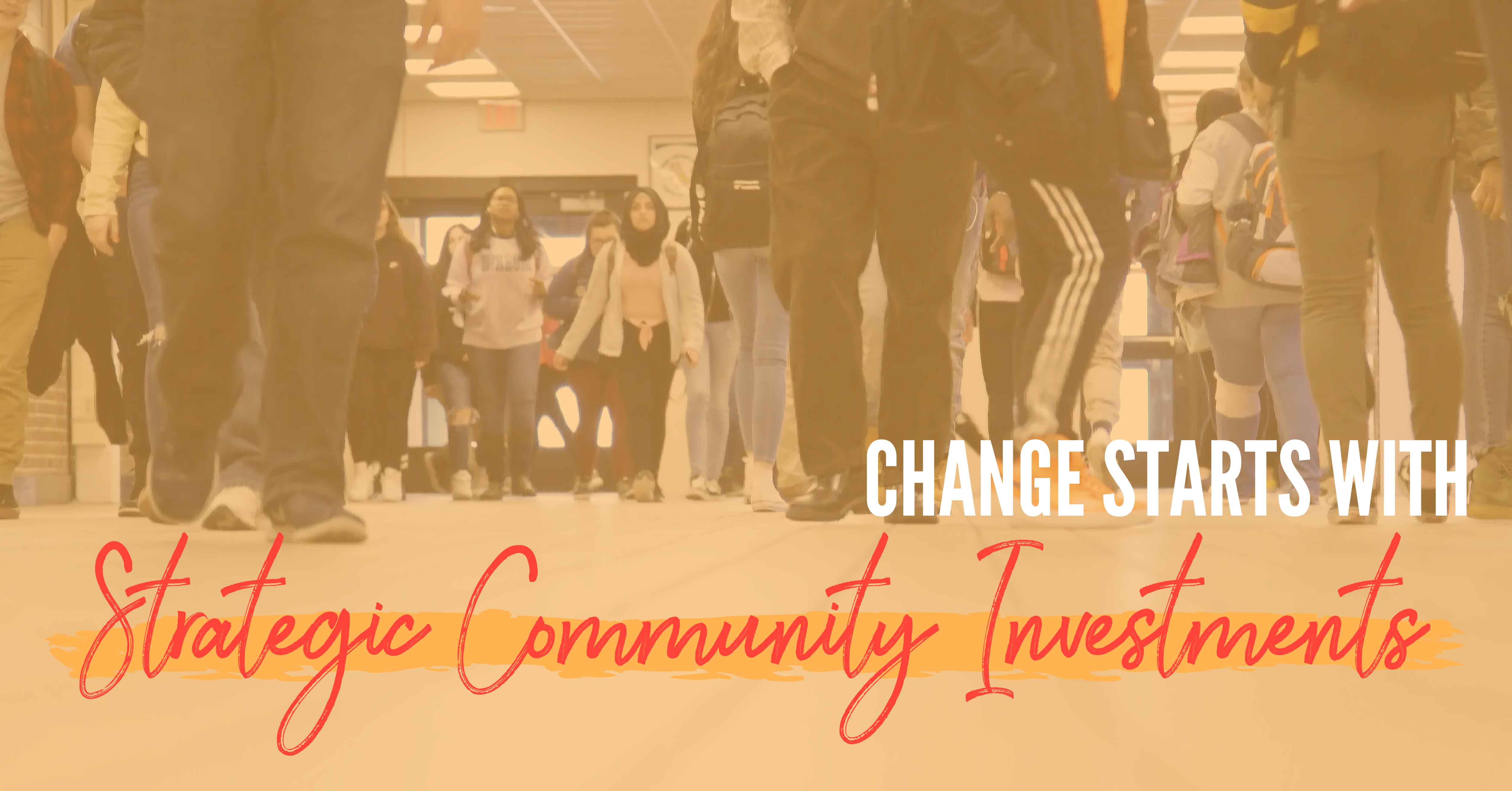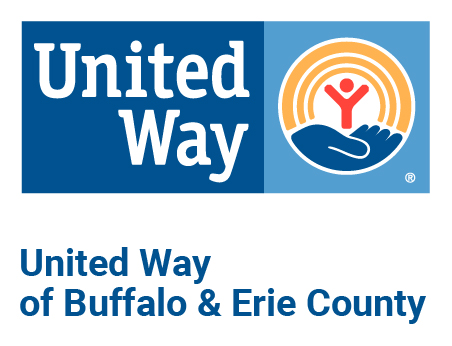Trauma Informed Care

Trauma Informed Care
Goal: To reduce the number of children and families who are experiencing trauma in Erie County.
For those who work in health care, education, mental health, social work, or other health and human service dominated industries, the term Trauma Informed Care is likely not new. It’s something that has been talked about for a while and recently has played a significant role in the conversation around the long term effects of the COVID-19 pandemic. For everyone else, it’s likely a term they’ve never heard before – or if they have heard it, they may not quite understand what it meant.
So why is Trauma Informed Care so important that we decided to make it a funding priority, even if there isn’t broad community understanding of what it is or what it means?
Trauma Informed Care takes a slightly different approach to working with people. Instead of asking “what is wrong with you?”, practitioners should ask “what happened to you?” Trauma Informed Care asks practitioners to create a physically and emotionally safe environment with a focus on creating trust, boundaries, and autonomy of choice to promote healing and avoid retraumatization. It’s tough to get an accurate number, but according to the Substance Abuse Mental Health Services Administration (SAMHSA) at least 70% of adults have experienced some type of traumatic event in their lifetimes.
When we talk about trauma and childhood, we often talk about Adverse Childhood Experiences or ACEs. These are potentially traumatic experiences that occur before a child turns 18. ACEs include things like, parental incarceration, adults in the home with substance use or mental health disorders, having a family member die, neighborhood or school violence, among others. ACEs are extremely common. According to the CDC, 61% of adults reported 1 ACE, and 16% reported 4 or more ACEs. Women and racial/ethnic minority groups are at a higher risk of experiencing more than one ACE.
Those who experience trauma and/or have high ACE scores are more likely to suffer from costly medical conditions such as Coronary Heart disease, Diabetes, Obesity, Kidney Disease, and Depression. They are also more likely to engage in risky health behaviors such as smoking or heavy drinking. And they often face greater socioeconomic challenges like unemployment and lack of health insurance than their peers. These repercussions have a significant financial impact on families, communities and society. It is estimated that a 10% reduction of ACEs in North America would equate to an annual savings of about $56 billion.
While as a community we can put policies and programs in place to help reduce the traumatic experiences children and adults experience, we will never be able to eliminate them altogether. This is where Trauma Informed Care steps in. This framework of care focuses on an individual’s strengths and empowers them to build on those strengths while simultaneously developing stronger coping skills.
There are many organizations in WNY promoting a Trauma Informed Care approach to delivering services to help children and adults develop stronger coping skills and develop stronger resilience to future traumatic experiences. For this reason, we recently invested over half a million dollars in agencies that utilize a Trauma Informed Care approach to address the trauma of the clients they serve directly. Funds were distributed to 11 different programs.
One of the funded programs is Families in Transition (FIT), which is an evidence-based parenting education program that works with high need parents in Erie County. The goal of FIT is to reduce family conflict, reduce the effects of family trauma and build parenting confidence. Participants of the FIT program are considered at high risk for personal and familial challenges like substance abuse, mental health, domestic violence, or homelessness. FIT classes are offered in an 8-12 week series, and are divided based on the child’s age - infants and toddlers, young children, and young adolescents - so parents can work with others with children in a similar developmental stage. The classes each week include discussions on parenting, emotional growth, non-violent solutions, communication, and literacy. They also cover a broad range of topics including Substance Abuse Prevention; Coping with Daily Stress and Frustration; Encouraging Emotional Growth; Infant Sleep and Nutrition, Brain Development and Learning Styles/Promoting Literacy; Helping Your Child Succeed in School; and many more. These sessions also include emotional check-ins, stress reduction exercises, and other grounding activities. All of the facilitators are trained in Trauma Informed Care and use that knowledge to create a safe space where participants can begin to work through their own trauma in order to support and reduce trauma for the next generation.
We also funded several Domestic Violence Assistance programs that take a Trauma Informed Care approach to work with their clients, and community training. These programs assist Domestic Violence survivors with creating safety plans; provide them with legal services to file for orders of protection, child support, custody, spousal maintenance and other legal matters; arranging for interpretation; transportation; assistance finding food, shelter, and health care; and many other supports. Several of these programs are dedicated to working solely with our community’s increasing immigrant populations. Some of these agencies also provide training to law enforcement and the court system employees so that they are using Trauma Informed Care practices when interviewing, and working with Domestic Violence survivors.
The work of United Way of Buffalo & Erie County and our partner agencies is critical to reducing the impact of trauma in our community. Please consider supporting the United Way of Buffalo & Erie County’s annual campaign so that we can continue to do this vital work. As little as $5 a week can provide a domestic violence survivor with full representation to file for child support or spousal support. Meaningful change in our community starts with people like you choosing to make a difference. Make your pledge to the UWBEC annual campaign here uwbec.org/give
If you are interested in learning more about the funded agencies and the ways in which general campaign funds make a positive change in our community visit www.uwbec.org/impact
